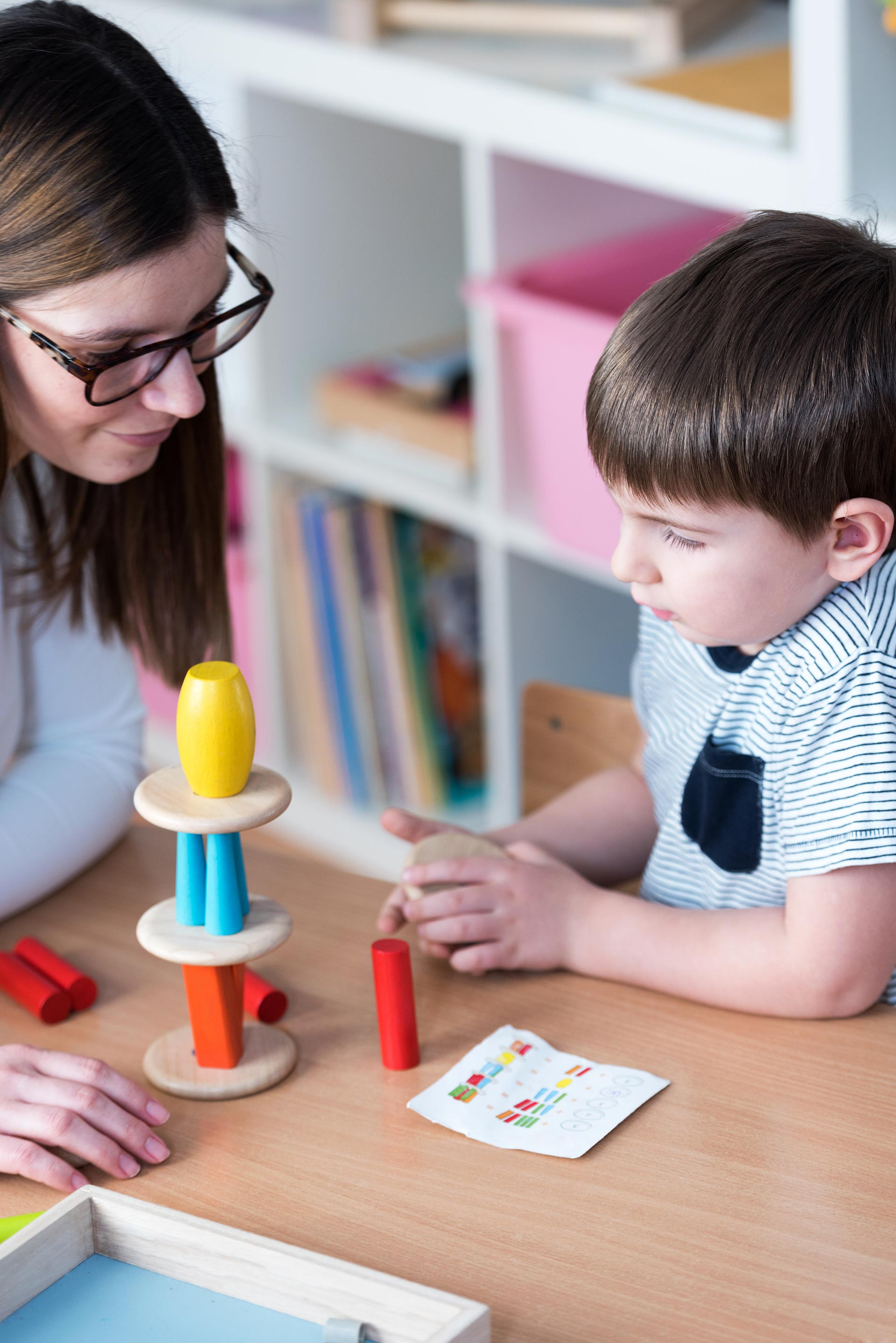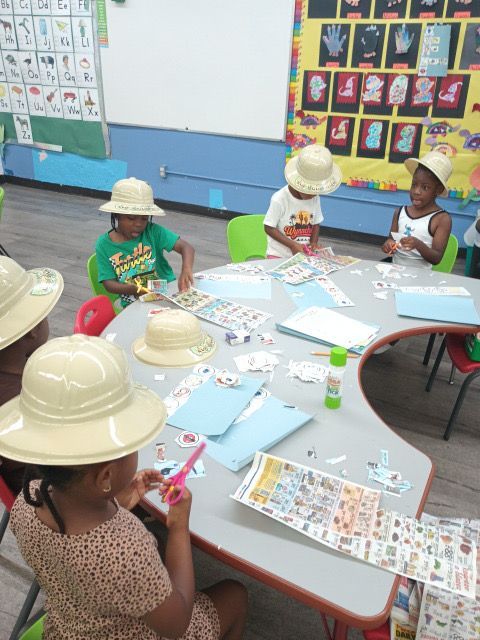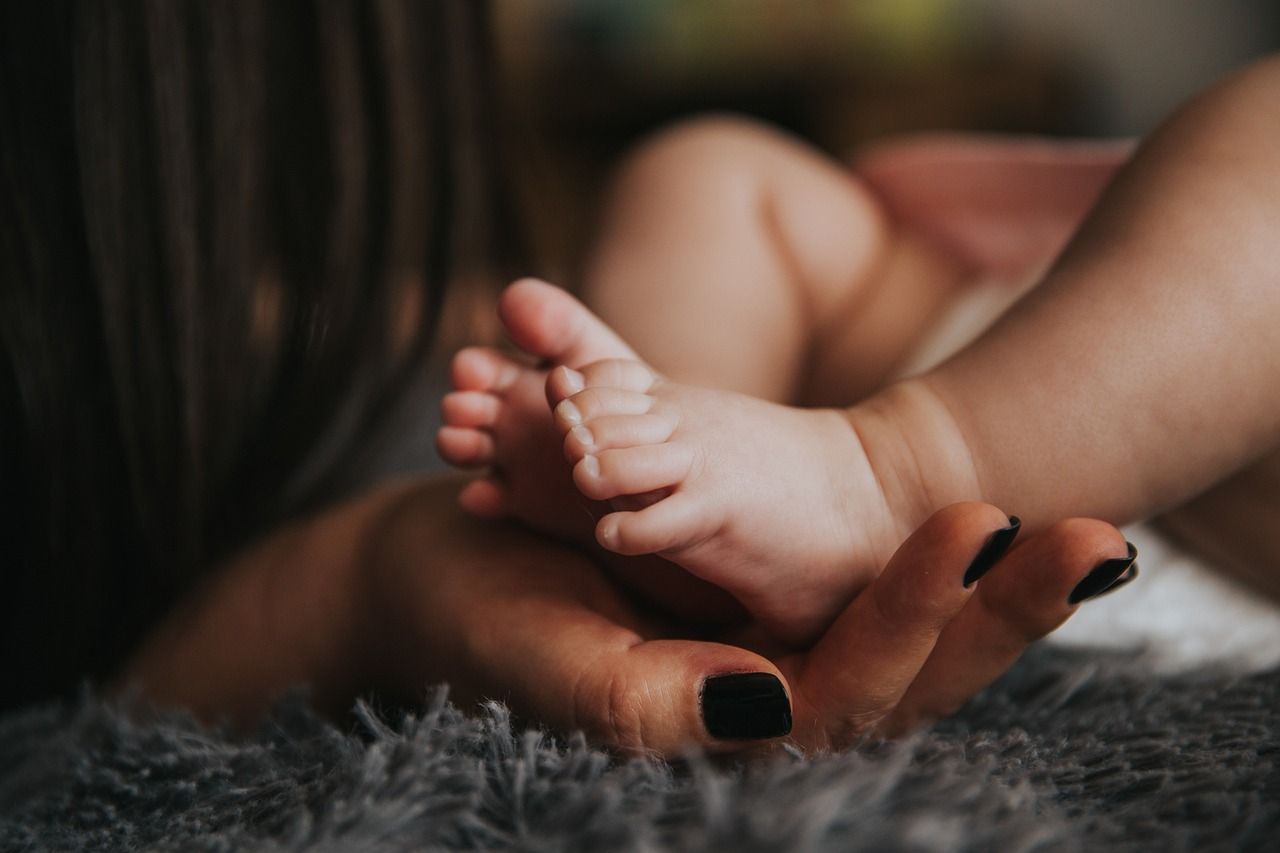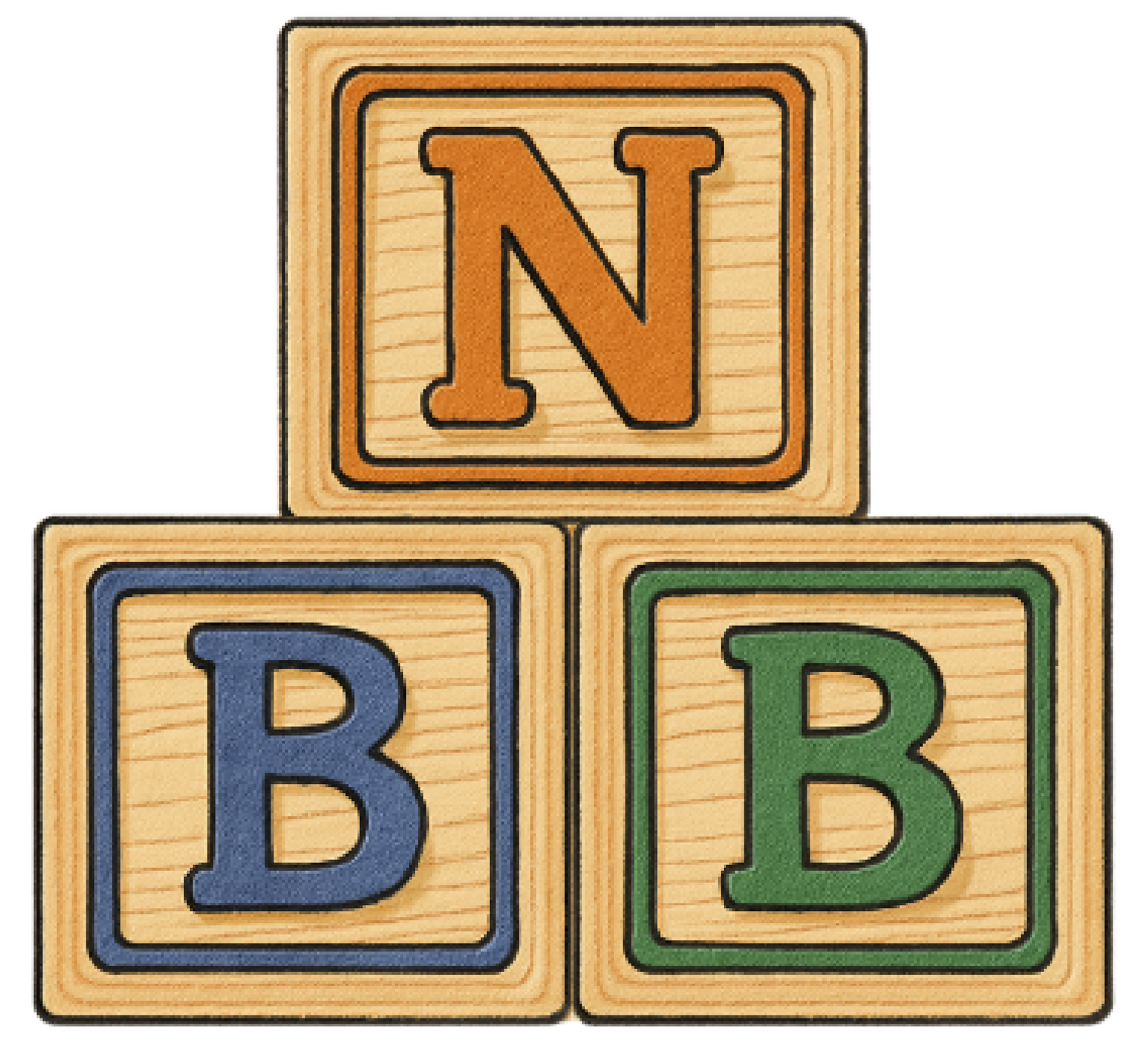Preparing for Your Child's First Day at Day Care
Preparing for the First Day

Before Your Child's First Day
Review the Daily Schedule
Talk to your child about what a typical day at daycare will look like. Use clear, reassuring language to explain activities like playtime, meals, and nap time. The more your child knows what to expect, the more comfortable they’ll feel.
Ease Into the New Routine
Begin adjusting your child’s sleep and wake times a few days before daycare begins. This helps their body get used to the new rhythm and reduces stress on the first morning.
Take a Tour Together
Familiarity builds confidence. Bring your child to visit Nu Building Blocks ahead of time. Let them explore the classroom and meet the teachers. Encourage them to walk around freely at their own pace. Remember, we have an open-door policy—you’re always welcome to stop by.
Create a Positive Send-Off
Consider giving your child a small “first day” gift—like a new lunchbox, backpack, or special note. A thoughtful gesture can make the transition feel like an exciting new adventure.
On the First Day
Arrive a Little Early
Give yourself time to help your child settle in. Invite them to show you around the classroom, then offer a warm and confident goodbye. Keep goodbyes short and positive—this helps your child feel secure.
Send a Comfort Item
If needed, pack a familiar item from home, like a small toy or blanket, to provide comfort during the day.
At Pick-Up Time
Be On Time
Especially during the first week, punctuality matters. Knowing you’ll be there right on time gives your child a strong sense of security and trust in their new routine.








